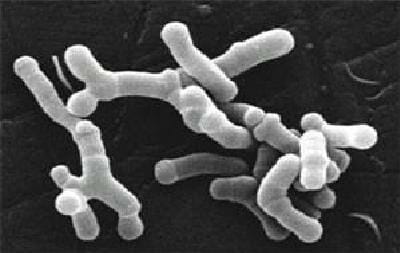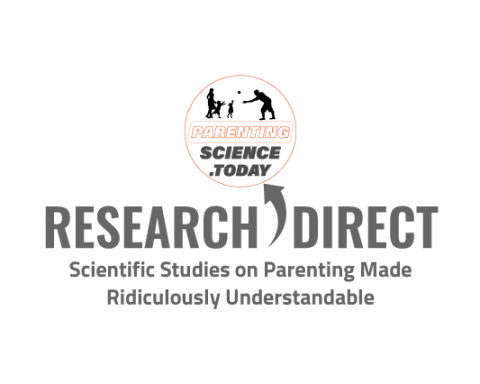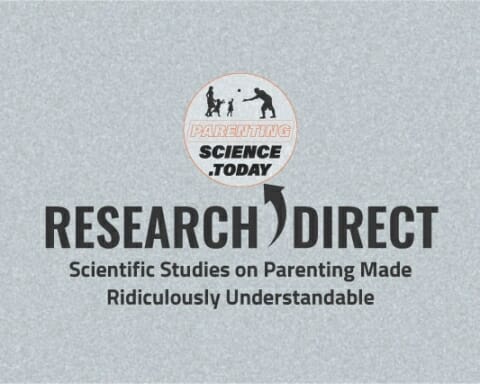Beta thalassemias are a group of blood disorders associated with the defective production of hemoglobin. Thalassemia is characterized by severe anemia, which causes a lack of oxygen in many areas of the body. Many patients who suffer from the disease often need blood transfusions, which may, in turn, cause serious complications, such as organ damage due to the overaccumulation of iron.
How does iron accumulate in the body after multiple transfusions? The hemoglobin found inside erythrocytes contains iron molecules. During transfusions, many red blood cells are destroyed, releasing iron into the bloodstream. The body can easily handle small amounts of iron, but large amounts can harm the body, even causing damage to the DNA.
We have already mentioned in previous blog posts that vitamin E plays an important role in protecting the body against oxidative stress, but it does not help improve hemoglobin levels. Another antioxidant, N-acetylcysteine, has a greater protective effect. Moreover, combining both supplements seems to have encouraging results.
A Study
In 2014, a group of pediatric hematology specialists carried out a study titled “N-Acetylcysteine Supplementation Reduces Oxidative Stress and DNA Damage in Children with β-Thalassemia.”
A total of seventy-five children with beta-thalassemia were recruited for a randomized controlled trial. The children were assigned to one of three groups. The first group was supplemented with N-acetylcysteine orally once a day. The second group was supplemented with oral vitamin E once a day. The third group was not supplemented at all. Each group included twenty-five children.
All of the patients received the usual treatment for beta-thalassemia. Blood samples were collected after three months of treatment, and total serum oxidant status and total antioxidant capacity levels were determined using a commercial kit.
Findings
The research proved that supplementation with either vitamin E or N-acetylcysteine effectively reduced oxidative stress and increased hemoglobin levels prior to transfusion. The first result was known from previous studies, but not the increase in hemoglobin levels. This may be because the other studies did not include N-acetylcysteine or because its effect on hemoglobin levels was not even considered.
These findings suggest that N-acetylcysteine supplementation not only reduces oxidative stress but also improves hemoglobin levels in thalassemic children. Also, fewer blood transfusions were necessary during the study period.
Oxidative damage leads to accelerated cell death and the ineffective generation of erythrocytes. N-acetylcysteine may have a possible mechanism that reduces the level of oxidative stress and increases antioxidant capacity since it protects red blood cells from oxidative damage, thus extending the life span of erythrocytes.
Some experimental trials demonstrated that iron causes DNA damage, which can be partially reduced with iron chelation therapies. This current study showed that DNA damage is higher in thalassemic children and that N-acetylcysteine protects against DNA damage.
Thus, N-acetylcysteine effectively treats increased DNA damage in beta-thalassemic children. On the other hand, vitamin E supplementation did not impact the DNA damage, which suggests that treatments with N-acetylcysteine may be better than those that use vitamin E. Furthermore, the combination of both supplements would be much better than each alone.
Children who suffer from thalassemia or any serious illness should visit the doctor for proper treatment.
Reference
Ozdemir, Zeynep Canan, Ahmet Koc, Ali Aycicek, and Abdurrahim Kocyigit. “N-acetylcysteine Supplementation Reduces Oxidative Stress and DNA Damage in Children with β-thalassemia.” Hemoglobin 38, no. 5 (2014): 359–364. Retrieved from http://www.tandfonline.com













